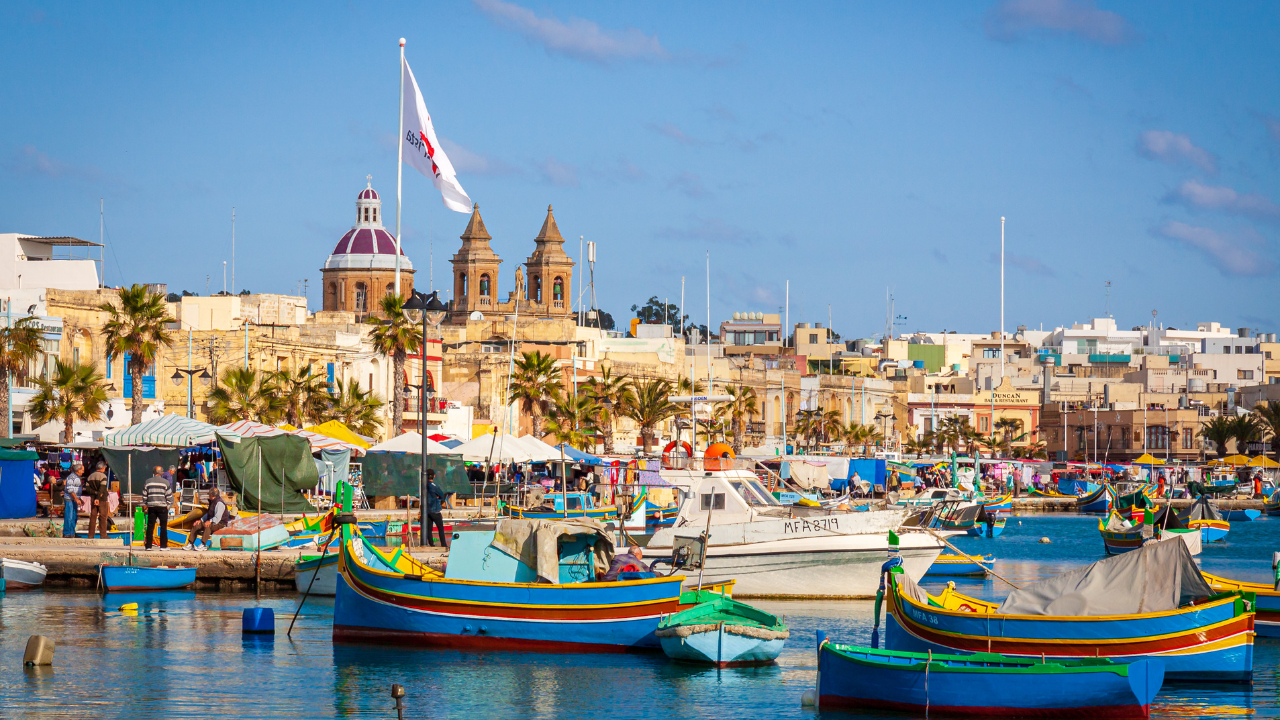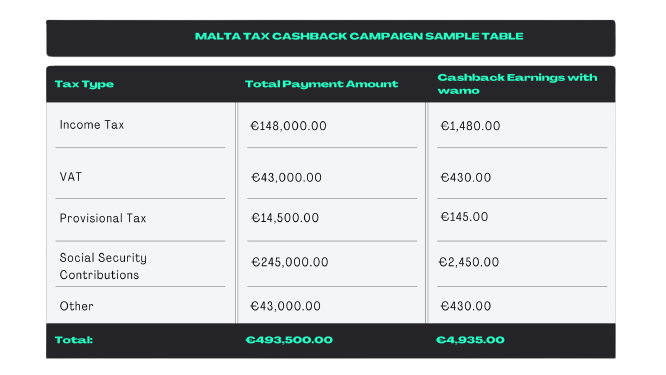One of Malta’s key revenue streams is VAT, or Value Added Tax. VAT impacts both businesses and consumers. It's a consumption tax imposed on the value added to goods and services at each stage of production or distribution. In this article we’ll guide you to understand the intricate world of Malta’s VAT in 2023. This information will help you to be business savvy or encourage you to take the leap to start doing business in Malta.
Purpose and scope of the Malta VAT Guide
It’s hard work keeping on top of business in general. Throw in all the obligations and administration linked to staying abreast of VAT and you can easily become overwhelmed. It is, however, strategically necessary to keep on top of all things tax-related if you want to do business in Malta. Our 2023 aims to provide a comprehensive overview of Malta's VAT system. This includes the basics of rates and registration as well as compliance, changes, and opportunities. Whether you're a seasoned entrepreneur or you’re still thinking of starting your business, this guide is your go-to resource for understanding and managing VAT in Malta effectively.

Basics of VAT in Malta
In Malta, the VAT system is key to all revenue coming into the country. Think of it as a multi-stage tax. This means businesses collect VAT on all their sales. They then claim credit for VAT paid on their purchases. This process makes sure that VAT is ultimately paid by the end consumer.
VAT in Malta is categorised into different rates that apply to various goods and services. The standard rate is 18%. Certain categories might have exemptions or reduced rates. It will be useful for you to research further as to whether or not these benefits might apply to your business. You will need to understand VAT rates in Malta to be able to price your products well. This will also be useful in order to have efficient financial planning while staying compliant with the laws at the same time.
Now that we’ve covered the basics, we’ll get into the registration processes and compliance requirements needed.
VAT registration and compliance
You’ll be obliged to register for VAT in Malta once your business crosses the VAT threshold. To do this you’ll have to submit all necessary documents and information to the tax authorities in Malta. Make sure you do this in time as you want to avoid any penalties. Staying on top of your VAT registration will ensure all your tax operations go smoothly. And of course this means that you can spend your time focusing on growing your business.
VAT returns and filing
Once your business is registered for VAT you’ll need to file returns. Reporting your VAT transactions is done periodically, depending on the size of your business. The form you fill in will include details of your sales and purchases. It will also list what VAT money is due or refundable.
Intrastat reporting
For businesses involved in intra-EU trade, Intrastat reporting is a requirement. This means that you’ll need to provide information about the movement of goods between EU member states. To make sure your cross-border trade operations are compliant and continue to run smoothly, make sure to follow all Intrastat reporting obligations.
VAT on imports and exports
VAT on imports
Imports into Malta are subject to VAT. The VAT is calculated based on the customs value of the imported goods. Businesses that frequently import goods need to manage their cash flow effectively to account for the VAT paid on imports.
VAT on exports
Exports from Malta are generally considered zero-rated. This means that no VAT is charged on the transaction. This enhances the competitiveness of Maltese goods and services in international markets. However, there are specific conditions and documentation requirements to ensure eligibility for zero-rating.
VAT compliance and record-keeping
Importance of VAT compliance
Ensuring VAT compliance is more than just a regulatory requirement—it's a critical aspect of maintaining a healthy financial reputation. If you don’t comply with regulations, your business will be subject to fines. It is also likely you’ll suffer reputational damage, which will make doing business more difficult or impossible. It is therefore important to adhere to all VAT regulations.
Required VAT documentation
To ensure you’re always compliant with all VAT regulations, you’ll need to have a solid record of all necessary documentation. This includes a record of all invoices, receipts, VAT returns, and relevant correspondence. You should keep this for at least six years. Having well-organised documentation will make audits simpler and ensure transparency.
VAT changes and updates for 2023
Notable changes in VAT regulations
For your business to be able to adapt and successfully plan for the year ahead you’ll need to keep informed of any changes in VAT regulations. In 2023, there have been several key changes that impact VAT rates, exemptions and reporting requirements.
Anticipated VAT developments
As with anything, the business landscape is constantly evolving. You should try to anticipate potential future changes in VAT laws or policies. This means you should always keep an eye on emerging trends to proactively adjust your business strategies and remain compliant.
wamo 1% cashback campaign for VAT payments
While figuring out Malta's VAT landscape, there's an exciting opportunity that aligns financial responsibility with rewards. Enter the wamo cashback campaign, designed to provide businesses with an additional incentive to meet their VAT obligations.

How the wamo cashback campaign works
The mechanics are simple yet rewarding. When you make your VAT payments and all your other tax payments using your wamo debit card, you're not only fulfilling your tax responsibilities but also earning cashback.
This exclusive offer allows businesses to earn an attractive 1% cashback on tax payments, income tax, VAT, Social Security contributions, corporate taxes, and all government payments– and the best part? There's no ceiling on your potential earnings.

Leveraging the cashback for business growth
The cashback earned through the wamo campaign is more than just a financial perk—it's a potential source of funds for business growth. Whether you reinvest it in your operations, allocate it for strategic investments, or use it to enhance liquidity, the cashback serves as a tool to fortify your financial position. With wamo, you will have the opportunity to earn when you pay.
Navigating the VAT landscape with wamo
As you navigate the intricate paths of Malta's VAT ecosystem, the wamo cashback campaign can be a beacon of financial advantage. By utilising your wamo debit card for VAT payments, you're not only managing your tax obligations efficiently but also earning rewards that directly benefit your bottom line.
With wamo’s cashback campaign you’ll be able to meet your tax responsibilities while saving. This adds a layer of financial benefit and aligns with a commitment to sound fiscal practices.
Staying updated on VAT regulations and leveraging opportunities like the wamo cashback campaign can contribute not only to compliance but also to the growth and resilience of your business. It’s a win-win situation!
Resources for further information
Thank you for joining us on this journey to better understand the VAT landscape in Malta. We trust you can navigate all things VAT in Malta with confidence! For the latest updates on Malta's VAT regulations, consult official sources such as the Malta Financial Services Authority (MFSA) and the Department of Inland Revenue.







